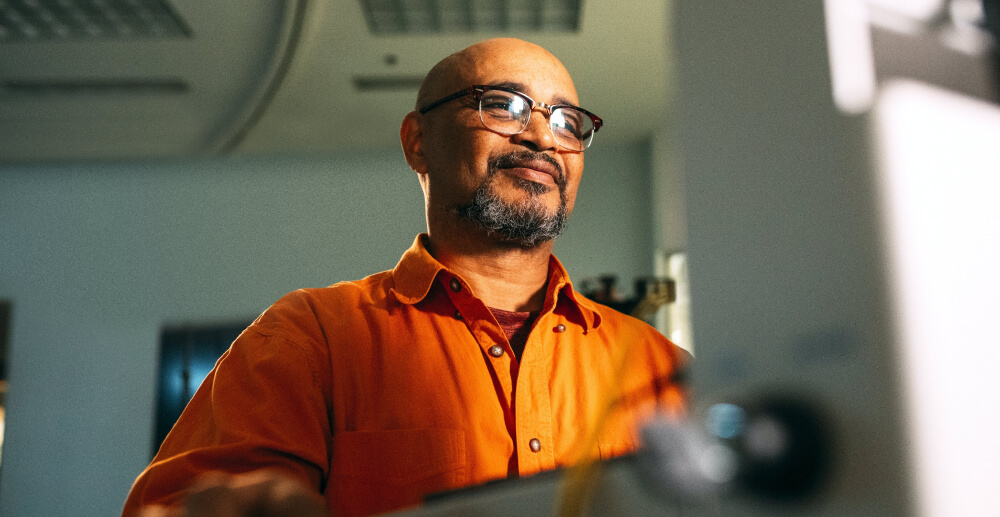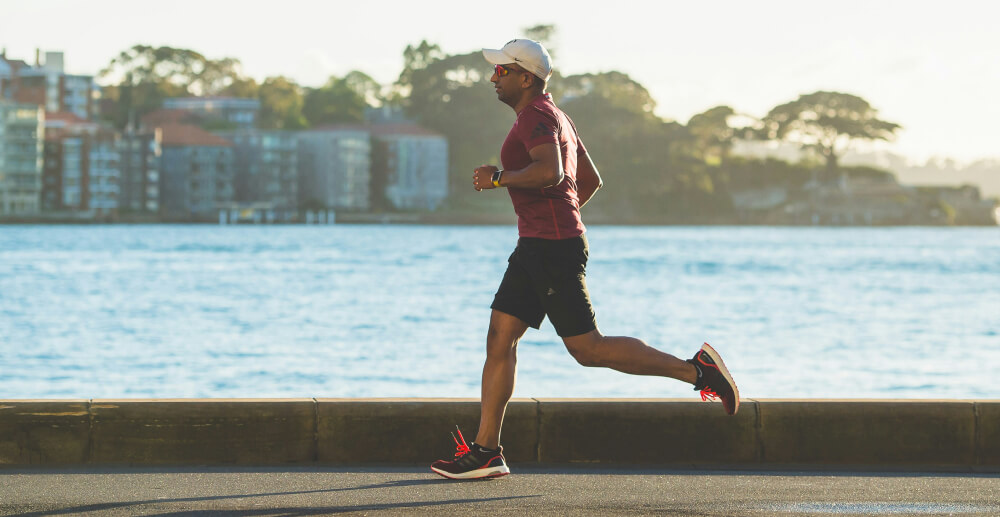Kick the habit with a new routine.
We are addicts. We know about habits. They are tough to kick, impossible to manage. I recall my drug habit was so crippling that I couldn’t leave my bed in the morning without mapping out my day according to the fix.
Compulsion is not strong enough a word. My addiction to substances eradicated any sense of control. I was an avatar; addiction programed my every move.
It didn’t begin like that, of course. The downgrade from free-willed individual to full-blown addict was a slow process. I first fell in love with drinking for the relief it brought me from, well, from being me. I had never felt comfortable in who I was. I can recall walking down the street as a child and wishing I could live inside someone else’s skin for a while. Everyone I saw seemed to have life figured out. They appeared to make decisions without the heavy burden of thought that followed my every move. If I could be someone else, I wouldn’t feel this nagging twinge of doubt and insecurity, I thought. I simply was never one to go through the motions.
Alcohol eased that difficulty. And while I woke up in that same mental cloud the next day, at least I had the power to clear it again by taking a drink.
“Having lost the will to live, I’ve developed a lot of motivation to protect the life I’ve built. ”
My descent into other drugs was an exploration and expansion of that same freedom and relief. But eventually—if you’re like me, you know—the habit took over. The urge to use was incessant, unrelenting. I was so consumed that I didn’t notice when the freedom and relief that drugs and alcohol once brought me began to morph into paranoia and shame. Although my habit stopped working for me, I began working for my habit. It’s not easy to accept a complete loss of control like that, which is why I didn’t exactly volunteer for sobriety. I came in through a psychiatric ward and a 28-day stay in a rehab for drugs and alcohol.
It was there I developed some new habits. To kick the habit, you need a new routine.
I had grown accustomed to skipping meals when, in rehab, my counselor forced me eat. I had enough trouble rolling out of bed in the morning when I was forced to make my bed everyday. No more sneaking night caps when lights out is ten o’clock. The simplicity of dependable actions helped turn my thoughts away from habits and toward routines. I began to do things every day that I had never done before. I prayed to start and end my day, and from my knees, if you can believe it. It’s not as if I was early to church on Sunday, I was only willing to do anything—anything to kick the misery and despair of my addiction.
Having lost the will to live, I’ve developed a lot of motivation to protect the life I’ve built.
Recovery is full of paradoxes, outrageous realizations that only make sense after living them. Who could have guessed that making my bed in the morning would keep me from sweating through my bed sheets at night in withdrawal? It turns out that sober routines, however mundane, help build good habits just as addiction’s routines help form bad ones. I make my bed in the morning because it makes me feel good. And while that feeling isn’t as wild and wonderful as getting high, it keeps me out of the psych ward. What’s more, I have found that compiling enough of those small, predictable behaviors has given me the finest of gifts: self-esteem.
What could be better than that?
With self-esteem, I no longer feel that compulsion to escape. Drinking and drugs are simply not appealing. I no longer want to change the person I am, but become a better version of the person I have come to accept as me.
Now, don’t get me twisted.
There’s a reason that dedicated clinicians and criminal justice reformers insist on calling addicts people who suffer from addiction. There is a wide gap between feeling human and operating like an addict. I’ve straddled that chasm. Addicts and alcoholics who are clean and sober can still suffer from the symptoms of their addiction. I become as hooked on the cure as I did on the habit.
Take writing.
I began writing seriously in the first year of my sobriety. I wrote a poem everyday. I stole away and read as many books as I could get my hands on. I fell in love with the way writing made me feel. It filled the gap when drugs and alcohol left.
As a consequence, it is often all I can think about. Years ago, while buckled in my window seat on a plane, a poem came to me. Not having a pen or phone, I had no way of recording it. The words were pounding my brain. As the plane taxied to the runway, I rang the flight attendant button. “Not until we’re at cruising altitude, sir.” Panic struck. I worried the words would vanish by the time we reached 40,000 feet. Once we did, with pen in hand, I felt lighter. I tasted a sliver of that great feeling I felt when I took a drink. Creativity can be intoxicating.
And I’m hooked, as a result.
When drafting my novel, I woke up at 4:30 each morning for four straight months. This included Christmas morning. If I missed a session, I felt off. If you don’t believe that writing is a drug, ask my wife. She intervened on me as we drove to pick out a Christmas Tree. She told me that she wanted me back. I had grown distant and it was killing her. “I have to get through this draft,” I told her. Thankfully, she was understanding.
How does a person who suffers from addiction maintain a habit with such discipline?
The answer is self-evident. Haven’t I, in my using days, developed incredible survival skills and coping mechanisms? I didn’t miss a day’s work while my addiction was active. And persevering as long as I did—even though my life oriented around prolonging a habit—I developed some major sticking power. It turns out what was desperation in addiction can transform to grit in sobriety.
Who knew?
So if you find yourself with a habit you can’t kick, consider kicking a new routine into gear.









